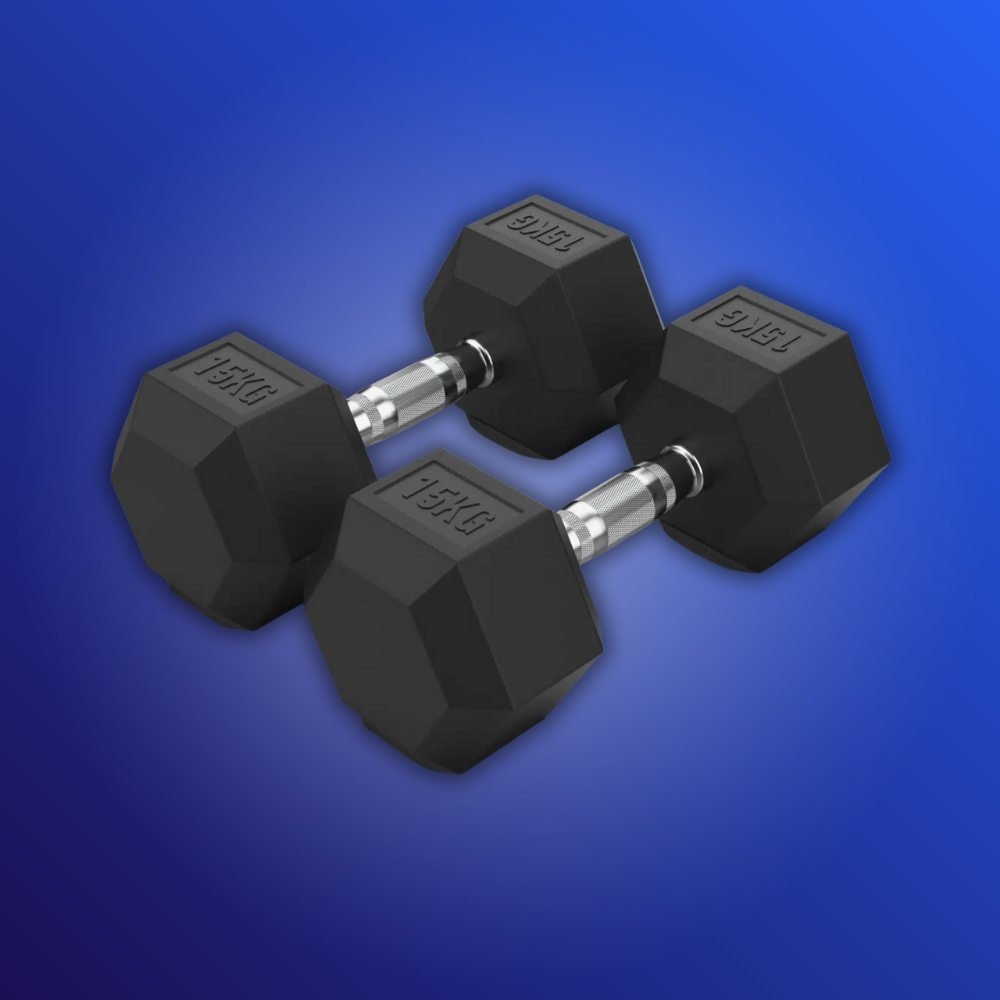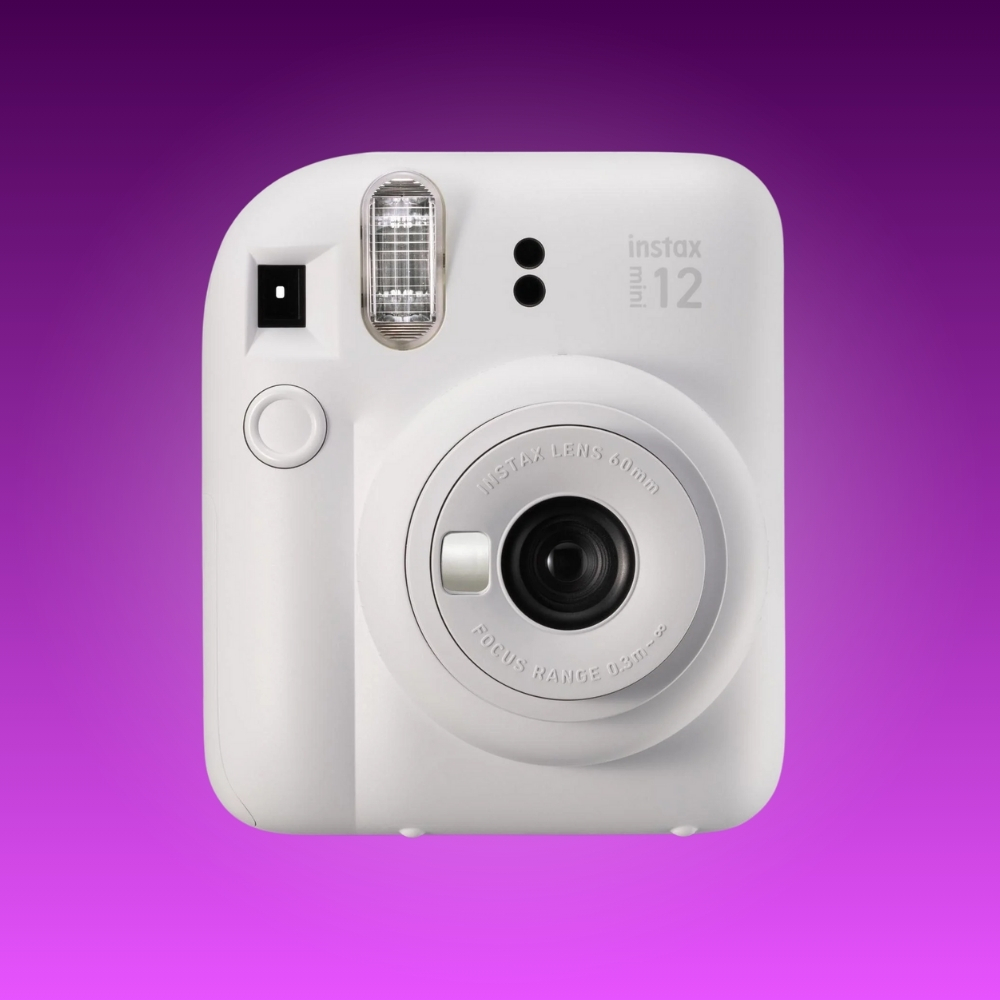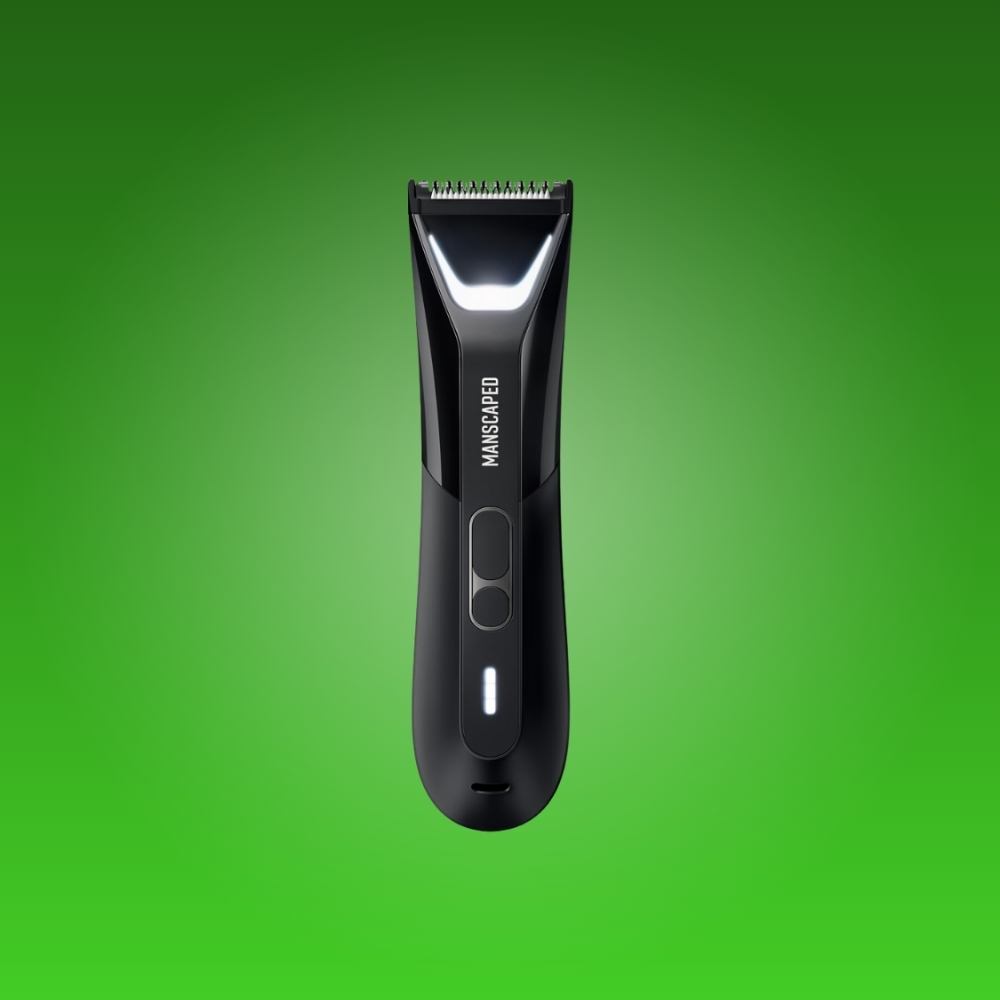There are many recovery tools out in the market today and it’s important to understand what works for you when it comes to rest. Some key points I like to stick by are based on self-control and discipline, especially when your training hours increase.
Sleep
We should be aiming at 7-9 hours sleep per night. Try and make sure you are getting uninterrupted shut-eye if possible. If you’re struggling to get quality rest at night, check out our five tips here.
Nutrition
Stay on top of your nutrition by planning ahead of time. Meal prep allows you to ensure you’re getting the right amount of protein – the building blocks of strong gains. It’s also important to carry around post-workout supplements. This will help you avoid binging on junk food to satisfy cravings while giving your body every chance to recover in time for you next session. When it comes to shakes and supplements, 20 minutes post exercise is usually a good guide.
If you don’t know where to start with meal prep, this will definitely help.
Hydration
Aim for around three litres of water per day. However, if you’re regularly exercising, for every hour of training, try and add an extra litre.
Stretching
Preventing injury is just as important as treating your battered body. Give yourself 10 minutes after the class to allow your muscles to stretch down. This aids in blood flow throughout the body and will help in recovering sore and tired areas. Bonus: it’ll actually improve your gains. Findings published in the Journal of Applied Physiology found that stretching can actually have a similar effect as resistance training, stimulating muscle cells to produce growth factors.
Massage
Sometimes when you’re a bit stiff after a big workout or you’re dealing with a tiny twinge, your best option is a massage. And usually a sports massage will do the trick, targeting the areas that need attention.
Research out of the University of Miami School of medicine found that a 30-minute massage twice a week for five weeks could also help with sleeping at night. Scientists believe this is down to less body aches resulting in higher-quality shut-eye.
Sauna/Spa/Swim
There’s no doubt you’ve been raised to believe hot and cold water is best for recovery. Whether you’ve seen relatives sweat it our in a sauna or watched athletes endure ice baths in a bid to recover, no one’s denying the benefits they bring. And there is good science behind immersing yourself in water – swimming was found to be more efficient in clearing blood lactate, more so than a massage.
Meditation
If you haven’t looked into this already, I urge you to start. There are a tonne of guided meditation apps – try one out – my favourite was headspace. I have been doing Vedic Meditation now for 18 months and I can’t speak highly enough. It’s a great way to reset your energy and understand neural pathways and can improve your recovery holistically.
So have a look through these tools and try them out. Don’t be afraid to take some friends with you. After all, being around people during rehab can help keep you motivated.













